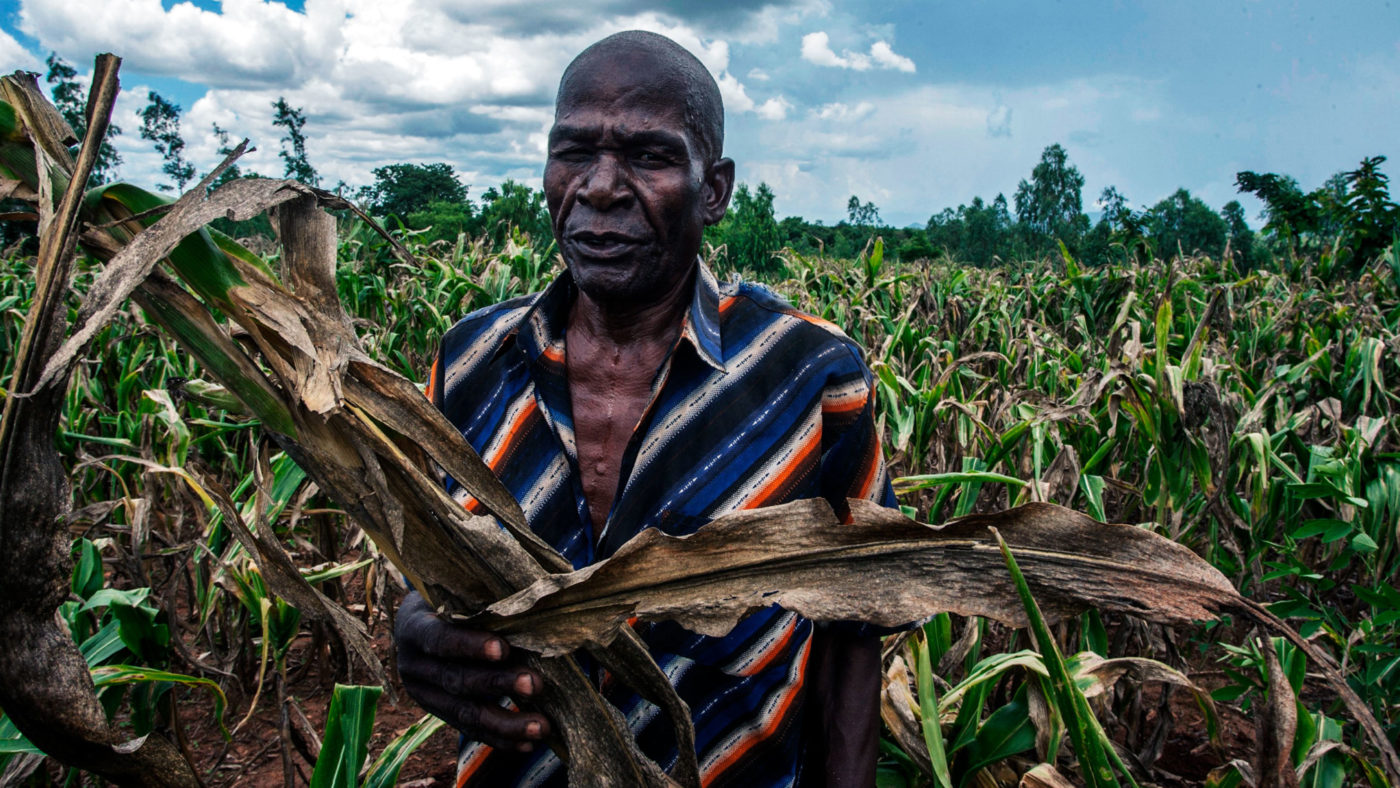Fall armyworm infestations in large portions of southern and sub-Saharan Africa are threatening the food supply of over 200 million people. While indigenous to North and south America, in January 2016, the species was discovered for the first time in Nigeria.
Since then the fall armyworm has spread to 28 African countries according to a report released last fall. An additional nine countries have suspected infestations and are either conducting studies or waiting official confirmation.
Unfortunately for those in the impacted regions, regulations limiting the use of genetically modified crops prevent farmers from accessing the best technology available for pest management. The problem is not going away and the pests are expected to spread throughout the rest of sub-Saharan Africa and could potentially reach northern Africa and Madagascar.
The infestation primarily impacts corn crops which are a staple part of local diets. Calories and protein intake in eastern and southern Africa is roughly 50 per cent from corn and 20 per cent in west Africa. The last estimated production losses for Africa are between 8 and 21 million tons per annum. This would eliminate 21-52 per cent of production over a three-year average and cost $2,481-6,187 million. However, the actual losses are most likely significantly higher, as the most recent estimates were done when the fall armyworm was limited to 12 countries.
While fall armyworms are relatively new to Africa, they have plagued farmers in north and south America for years. These pests are manageable, and the literature on prevention and management is extensive. In general, the most effective form of management is specialised crops combined with the spraying of pesticides.
Some crops have been genetically modified in order to contain a bacteria, which is toxic to the fall armyworms. Unfortunately opponents of genetically modified crops are arguing that this method is not sustainable due to developed resistance. However, this critique is not painting a complete picture. Resistance to modified crops is a relatively isolated occurrence. Of the available modified crops, pests have developed resistance to a small portion of them. Furthermore, the resistance to the small portion of crops is isolated to a few limited geographical locations in the Americas.
Managing the fall armyworms is possible in more ways than just making crops toxic to the new pests. The plants themselves can increase their resistance through making changes to the composition of the protective outer leaves. By editing genes to increase the cell wall thickness within the leaves, scientist are able to reduce damage from the fall armyworms by increasing the crop’s natural protection. Additionally, early studies show that applying different varieties of bacteria on crops can deter fall armyworms from laying eggs.
With all the existing knowledge and options for fall armyworm maintenance, it is disheartening that the majority of an entire continent would be plagued by such a manageable pest. Unfortunately most of Africa–with the exception of South Africa– currently bans the growth of modified crops, which are the cornerstone to managing fall armyworms. South Africa perfectly shows the potential of modified crops. Despite having the same plague of fall armyworms, 80 per cent of South Africa’s corn crops are modified and as a result they managed to produce 26 per cent of the corn for sub-Saharan Africa last year. Their total crop size of 17.5 million tonnes was grown on only 2.6 million hectares. Compared to the measly 7.2 million tonnes produced by Nigeria on four million hectares, it shows that the modified crops not only protect against pests but also increase overall production.
The most tragic aspect of the fall armyworm crisis in Africa is not that fact that pests are plaguing the farmers. Rather it is that the solutions are currently being blocked by governments. The way to provide food security is to embrace modern agriculture and permit the use of modified crops.


